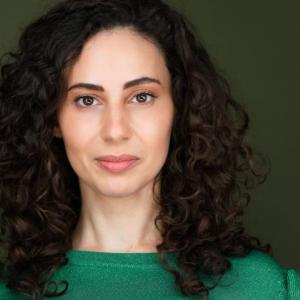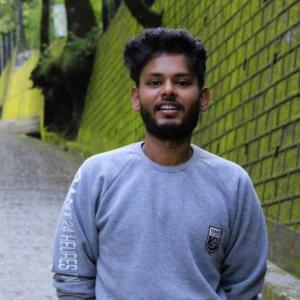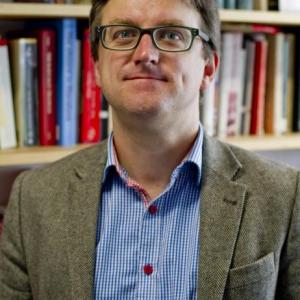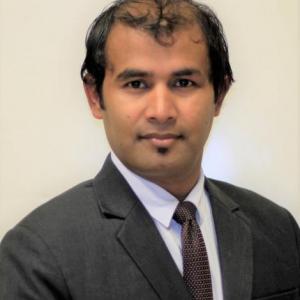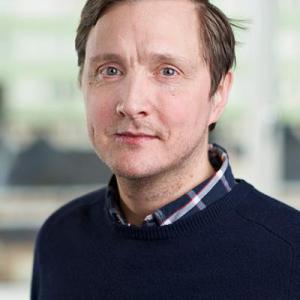Short description:
Associate Professor, School for Communication and Culture, Aarhus University (AU), and serves as academic officer for cultural creative collaborations and digital cultures. Vast experience in instigating projects with national/international research and education partners as well as with cultural organisations, public and private partners in ecosystems and for participatory engagement. Has worked on digital transition of education and towards digital innovation in capacity building for creativity. Serves in the ESFRI ERIC, DARIAH (Digital Research Infrastructure for Arts and Humanities) as coordinator for the DARIAH Nordic Hub and Co-Head of DARIAH Research and Education. Has experience in building open education ressources for sustainable cultural and creative innovation and of teaching online internationally and globally with awareness of inclusive learning environments and knowledge commons.
Short description:
An impact-driven professional with 15+ years of experience in devising dynamic policy solutions and organisational transformations for sustainable development. I utilise state-of-the-art methods to optimise development outcomes through strategic planning, research, and results-based programme design.
Short description:
I am a final year PhD candidate in social science. I have worked in agricultural policymaking processes in Nepal and policy advocacies for multicultural communities in Australia. I like to do research in international migration and its implications in both source and host countries.
Short description:
Alexander Paulsson (PhD) teach and write about political economy, the politics of ecology, and the making and consequences of science and technology. Being trained in the fields of history, politics and business, he combines the study of the urban environment, administrative devices and ecological processes with the history of economic and political concepts.
He is currently engaged in two larger research projects: one is looking at how complementary currencies may be designed to achieve socioecological transitions and the other is exploring how post-growth welfare societies may be organized.
Short description:
Luisa Enria is Assistant Professor in the Department of Global Health and Development at the London School of Hygiene & Tropical Medicine. Her research draws on political anthropology to study violence, humanitarianism, health emergencies and knowledge production in epidemic preparedness. Her PhD research at the University of Oxford Department of International Development focused on experiences of unemployment and post-war political violence amongst young people in Freetown. She currently works on a number of projects looking at community experiences of epidemics, preparedness and biomedical research in Sierra Leone—including conducting ethnographic research with the Ebola vaccine trials, a study on the political economy of vaccine deployment and a social science training for Community Health Workers to explore vaccine confidence and experiences of COVID-19. Luisa currently holds a UKRI Future Leaders Fellowship titled “Crisis of Confidence: The Politics of Evidence and (Mis)Trust in Epidemic Response and Preparedness”.


